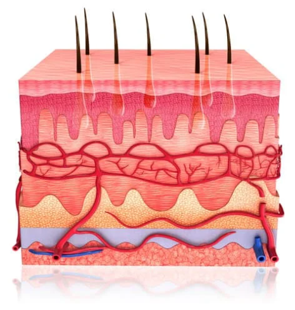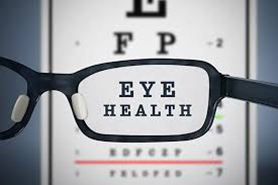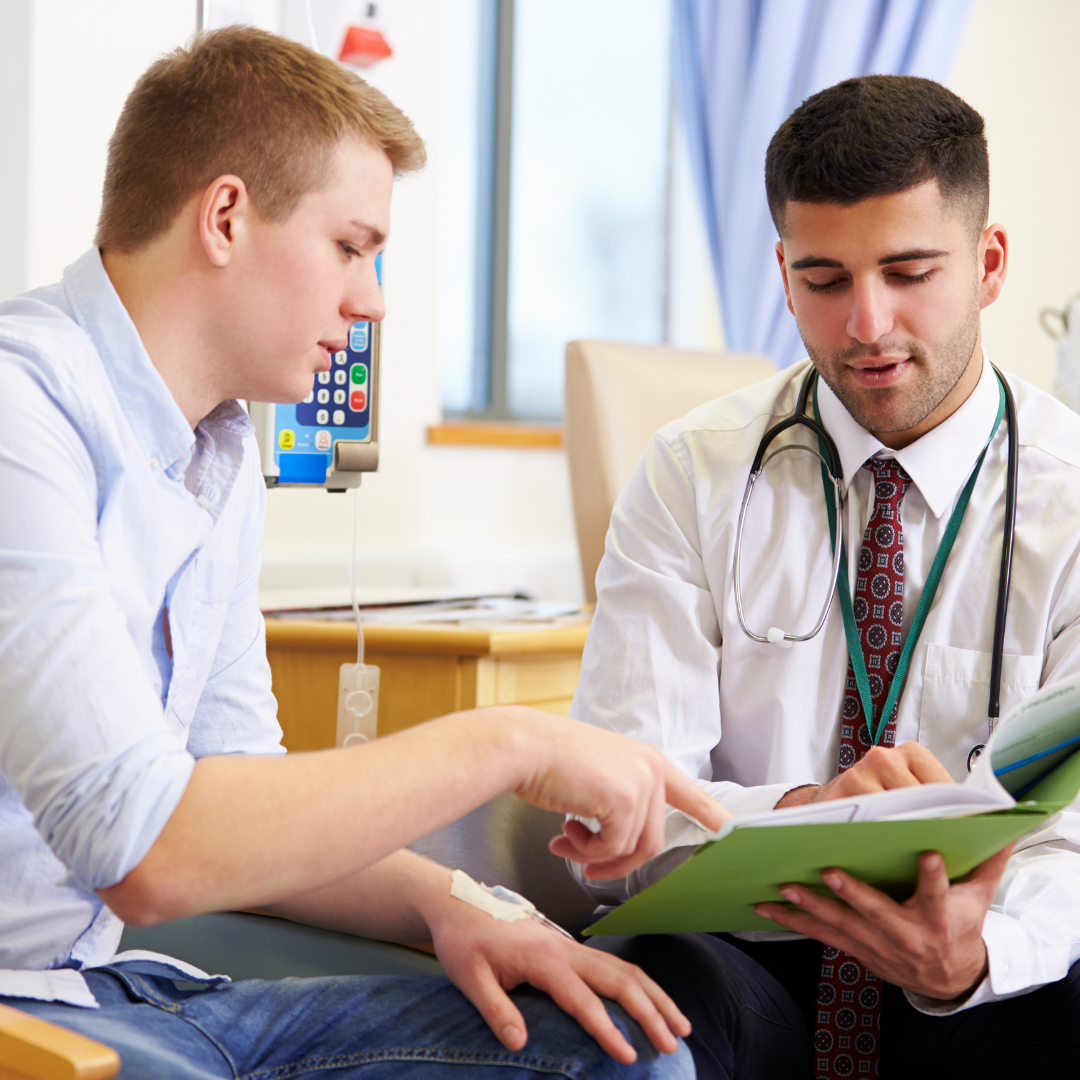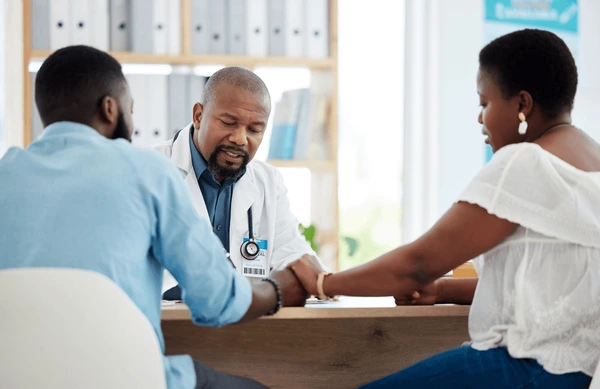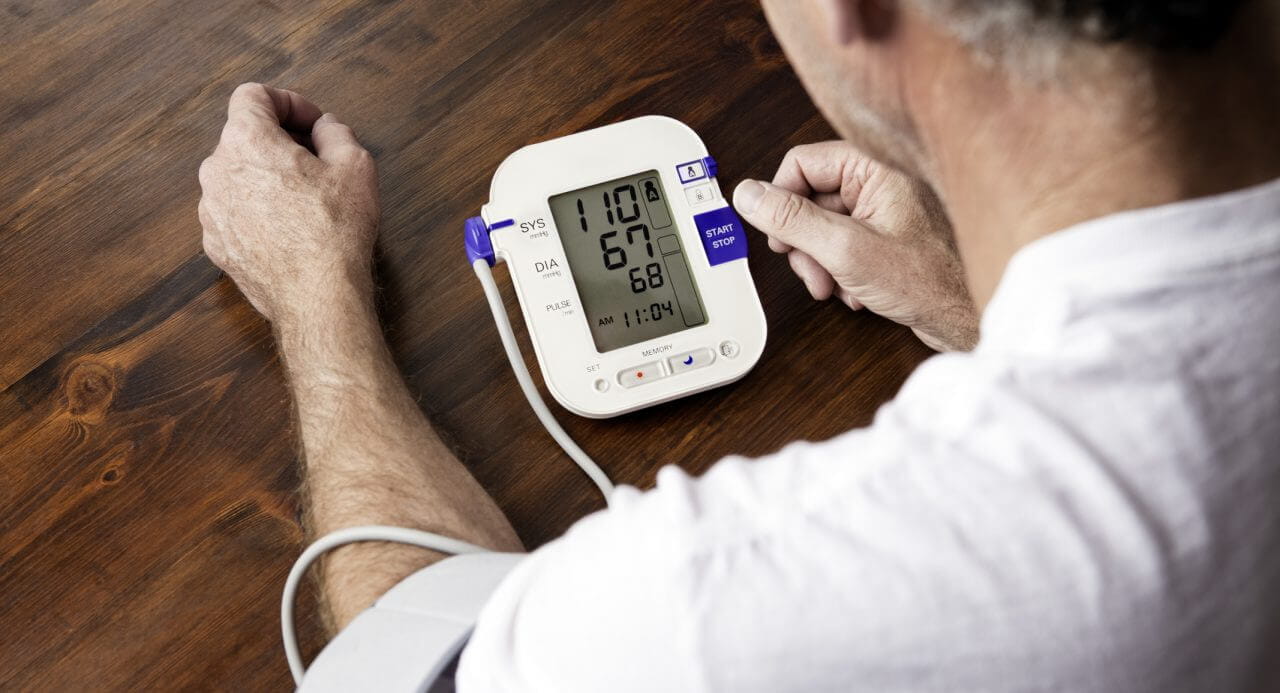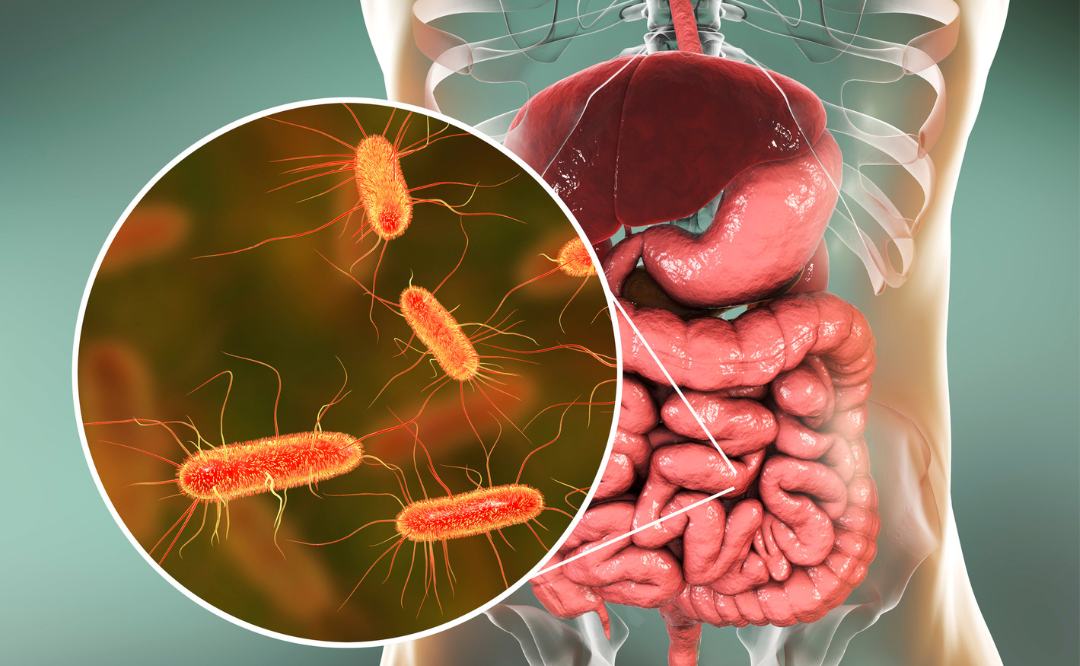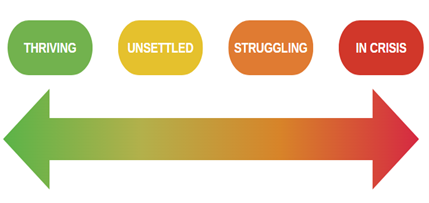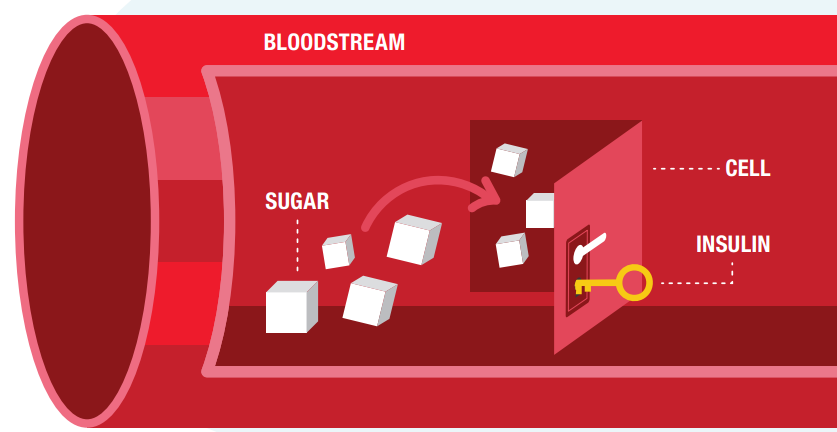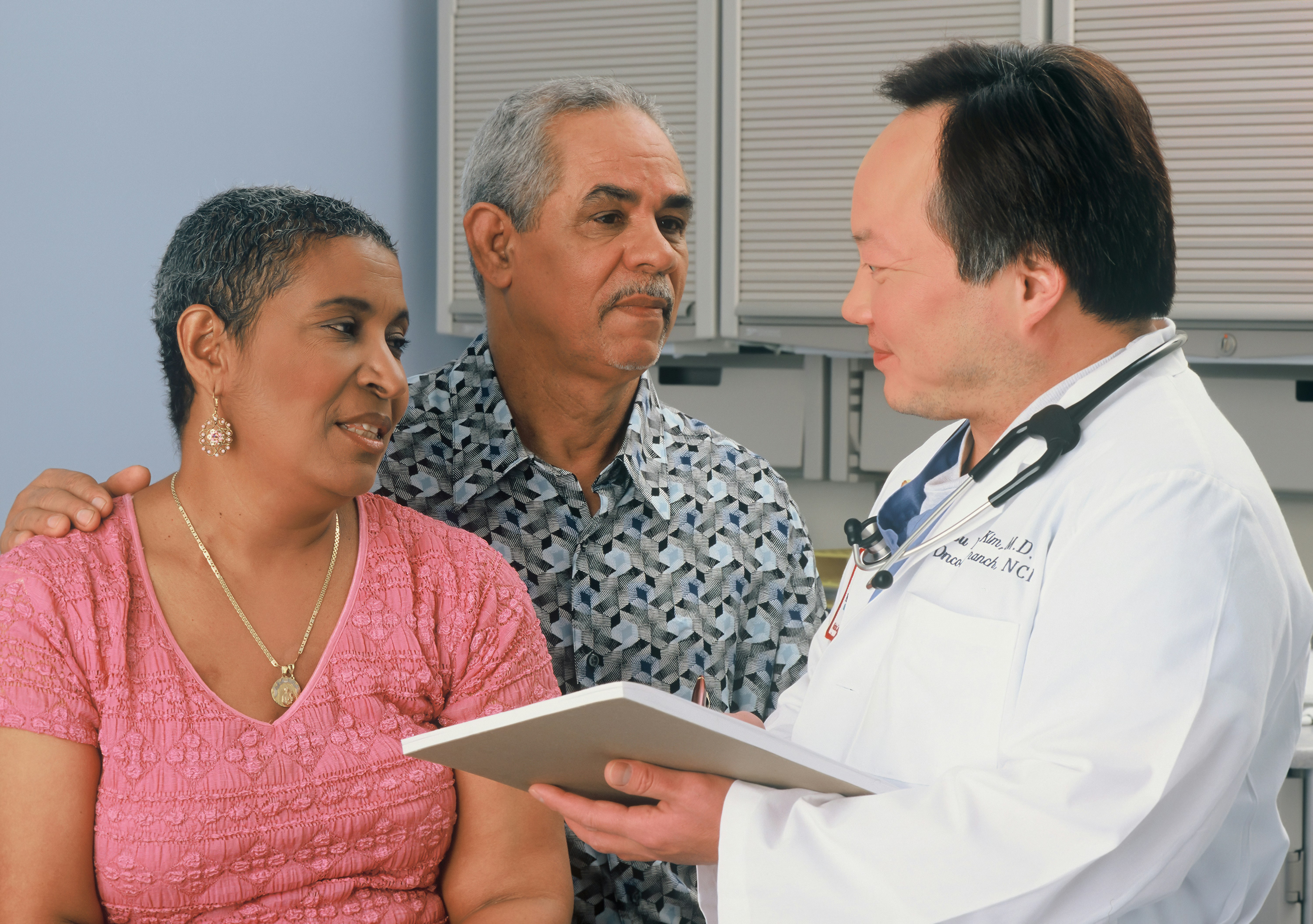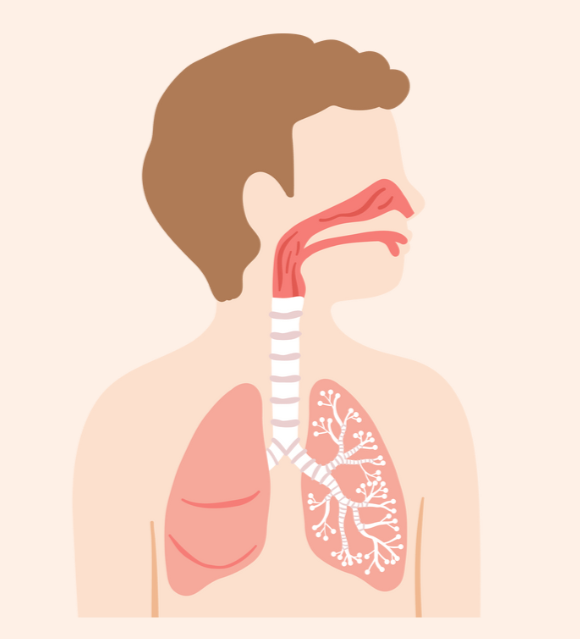

DID YOU KNOW?
Up to 90% of all cases of cervical cancer are caused by the human papillomavirus (HPV)?
About Cervical Cancer Cervical cancer begins in the cells of the human cervix, and it develops when some of the cells grow in an abnormal way that can spread to other parts of the body. Human papillomavirus (HPV) is a viral infection that causes cervical cancer. HPV infections can affect the growth of the cells in the cervix which may slowly turn into cancer before any symptoms begin to appear. Because HPV usually does not cause any noticeable symptoms most people don’t know that they have it.
The good news is that 90% of cervical cancer can be prevented and it can be cured if diagnosed at an early stage and quickly treated.
HPV infections are:
- common and usually have no signs or symptoms.
- typically experienced by up to 80 per cent of sexually active men and women at some point in their lifetime.
Comprehensive cervical cancer control includes:
- primary prevention (vaccination against HPV),
- secondary prevention (screening and treatment of pre-cancerous signs),
- tertiary prevention (diagnosis and treatment of invasive cervical cancer) and,
- palliative care.
Get Tested
A “Pap Test” checks the cervix for any abnormal cells. This is a quick test that can be done at your healthcare provider’s office or at a women’s health clinic. The test looks for any cells that have changed on the cervix because these abnormal cells may turn into cancer before any symptoms develop. A small sample of cells is taken from the surface of the cervix and sent to a lab to be looked at under a microscope. Getting regular Pap tests can be a very effective prevention strategy to catch early changes when they may be easier to treat and prevent cervical cancer from developing.
Regular screening is a great prevention tool because if any changes are noticed, they can be followed closely to make sure they clear up or get the right treatment. It is important to attend any appointments for follow-up testing if recommended by your healthcare provider. Early detection makes treatment easier. Even if you have already been immunized for HPV it is still recommended that you start having Pap tests at age 21 or three years after becoming sexually active.
When To Get Tested
Preventative early screening is a well know lifesaver and it is recommended to be screened about once every three years until reaching the age of 70, unless your healthcare provider tells you otherwise. A Pap test is recommended every three years for:
- Women 21 years old and older who are or have been sexually active.
- Transgender men who have a cervix, who are 21 years old and older, and who are or have been sexually active.
- Women 70 years old and older can stop having Pap tests if they had three or more normal Pap test results in the past 10 years.
How To Get Tested
It’s easy to get tested. Book an appointment with your healthcare provider or at a local women’s health clinic. If you are due for a routine check, they will do a Pap test for you. Remember to book your cervical cancer screening appointment and talk to your healthcare provider if you have any questions or concerns.





































































